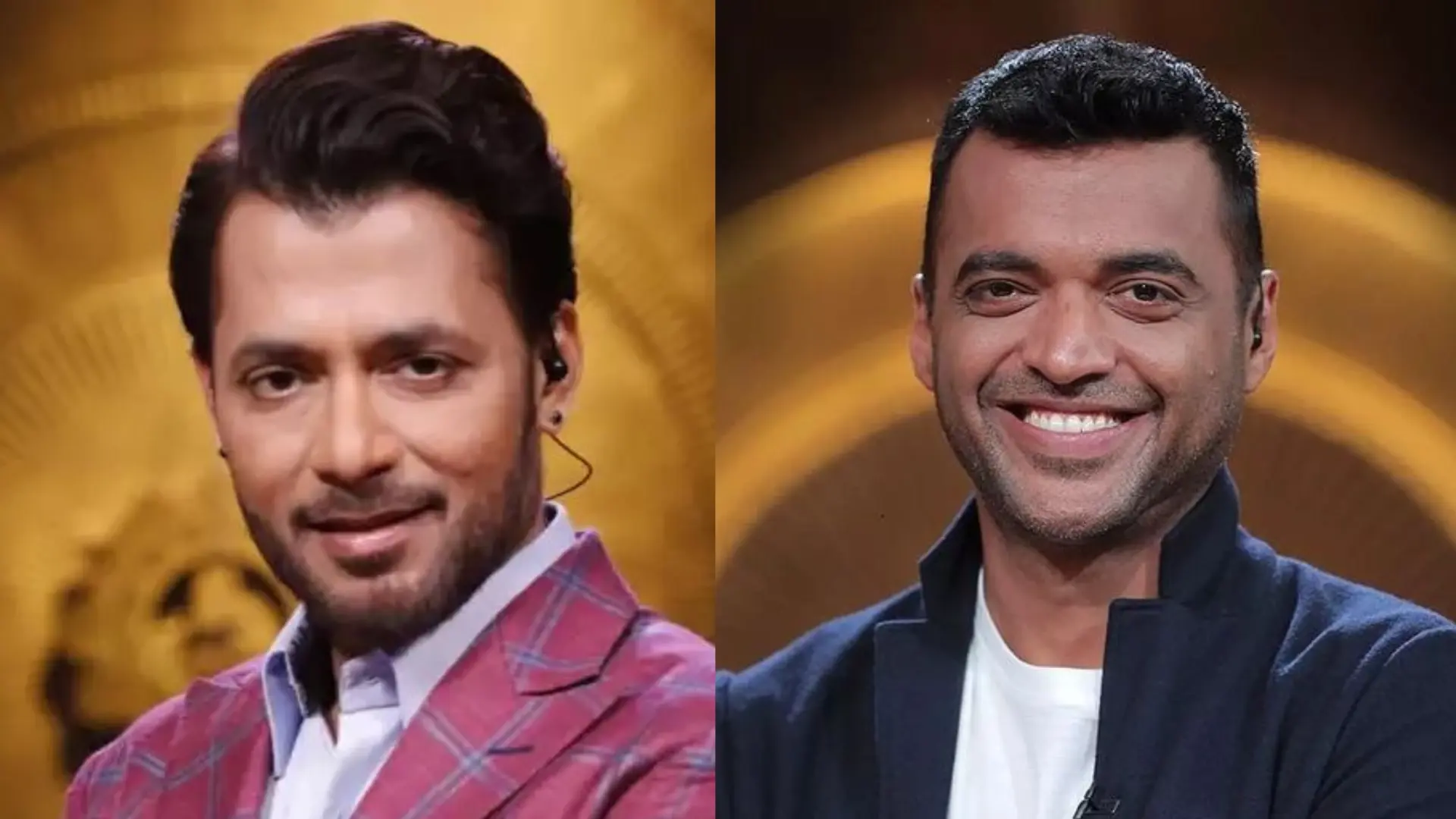The sixth and the second last phase of the 2024 Lok Sabha elections begun early this Saturday at 7 am, with several prominent political faces urging voters to come out in full force. This included the Prime Minister of the country. Prime Minister Narendra Modi took to his social media handle on X to emphasize the importance of this electoral phase, encouraging a robust turnout. “I urge all those who are voting in the 6th phase of the 2024 Lok Sabha elections to vote in large numbers. Every vote counts, make yours count too! Democracy thrives when its people are engaged and active in the electoral process. I especially urge women voters and youth voters to vote in large numbers,” Modi posted.
लोकसभा चुनाव के छठे चरण के सभी मतदाताओं से मेरा निवेदन है कि वे अधिक से अधिक संख्या में मतदान के लिए आगे आएं। एक-एक वोट मायने रखता है और आपका वोट भी उतना ही महत्वपूर्ण है! लोकतंत्र तभी फलता-फूलता है और जीवंत दिखता है, जब चुनाव प्रक्रिया में जनता-जनार्दन की बढ़-चढ़कर भागीदारी होती…
— Narendra Modi (@narendramodi) May 25, 2024
Union Home Minister Amit Shah also appealed to voters, particularly targeting constituencies in Bihar, Jharkhand, and Uttar Pradesh. Sha reiterated all the government’s accomplishments and called for an end to corruption and appeasement. “Today, I urge my brothers and sisters voting in Bihar, Jharkhand, and Uttar Pradesh to elect a government that has fulfilled every promise made to you and has given you gas, electricity, roads, and ration as well as freed you from the worries of medical expenses. Be sure to vote to end the nexus of appeasement, nepotism, and corruption from the state forever,” he declared.
This phase involves 58 constituencies across six states and two union territories, with over 111 million voters set to decide the fate of 889 candidates. Noteworthy contestants include former Chief Ministers Manohar Lal Khattar from Haryana’s Karnal and Mehbooba Mufti from Jammu and Kashmir’s Anantnag-Rajouri. Other prominent candidates in this phase include Union Education Minister Dharmendra Pradhan, BJP spokesperson Sambit Patra, and former Union Minister Maneka Gandhi, among others.
The sixth phase covers a diverse array of regions: eight seats in Bihar, all ten seats in Haryana, one seat in Jammu and Kashmir, four in Jharkhand, all seven seats in Delhi, six in Odisha, fourteen in Uttar Pradesh, and eight in West Bengal. Simultaneously, forty-two assembly constituencies in Odisha are also voting, as the state conducts both Assembly and Lok Sabha elections concurrently.
Also read: Union Minister Hardeep Singh Puri Casts Vote, Says, ‘We’ve got this…’
The BJP, buoyed by strong performances in previous phases, is optimistic about surpassing the 400-seat mark, a sentiment echoed by Union Minister Hardeep Singh Puri. “There is a sentiment for ‘400 paar’ and there is no difficulty in crossing 400 seats… We’ve 37 allies and we will easily cross 400 seats. People like Shashi Tharoor should worry about his seat and the seats of the Congress Party,” Puri stated confidently.
On the other hand, the opposition Congress and the INDIA bloc are hopeful of making significant inroads. Congress leader Jairam Ramesh expressed confidence in the alliance’s prospects, particularly in key regions. “Five phases of elections have been held… It became clear after the first two phases that ‘Dakshin mein BJP saaf aur Uttar mein half’, so the INDIA alliance will get a clear and decisive mandate on 4th June and on the 4th the country will bid him (PM Modi) goodbye… I have full confidence that our alliance will win all seven seats in Delhi,” Ramesh asserted.
The Election Commission of India (ECI) has reported that over 111.3 million voters, including 58.4 million males, 52.9 million females, and 5120 third-gender electors, will participate in this phase. Notably, over 893,000 voters aged 85 and above, 23,659 voters over 100 years old, and 958,000 Persons with Disabilities (PwD) have been given the option to vote from home. An estimated 1.14 lakh polling stations staffed by approximately 1.14 million polling officials will facilitate the voting process.
As the country edges closer to the final phase of the Lok Sabha elections, the stakes are high, with both major coalitions striving to secure a decisive mandate. The outcomes of this phase will be crucial in shaping the next government and setting the direction for India’s future.


















